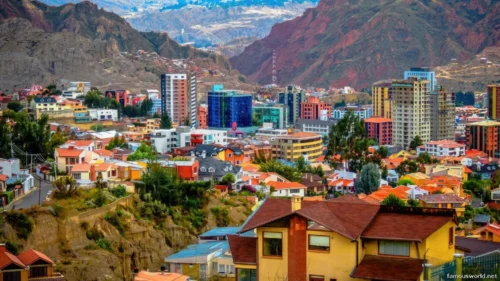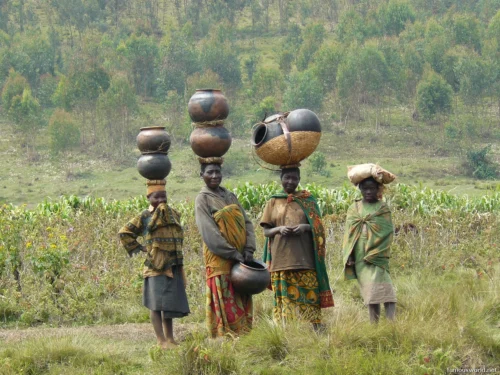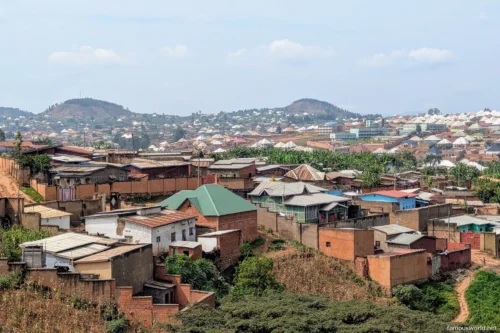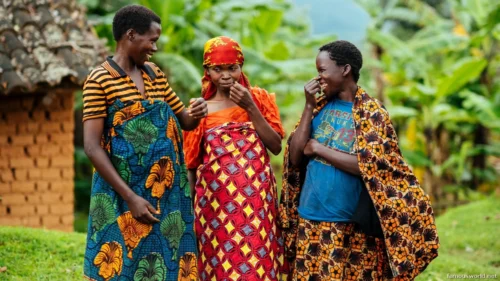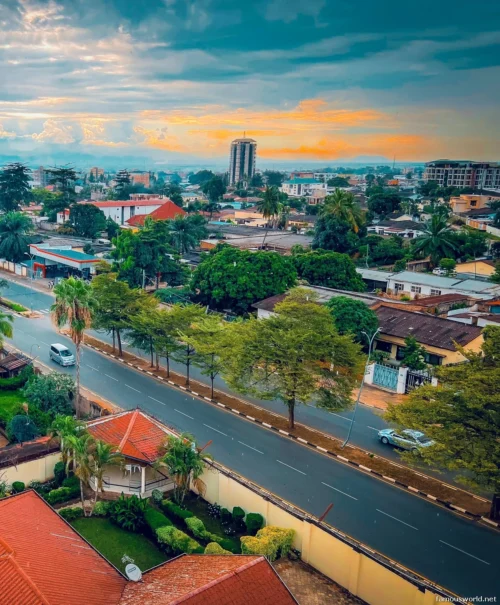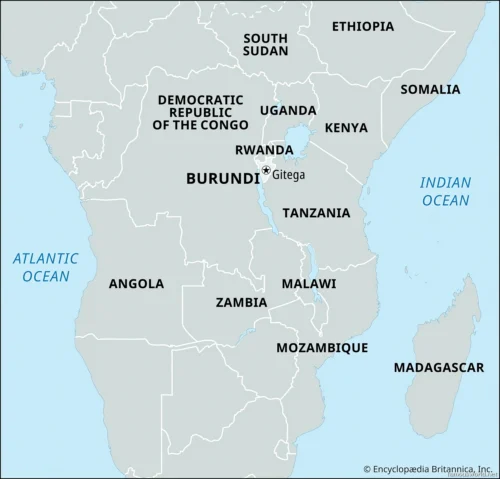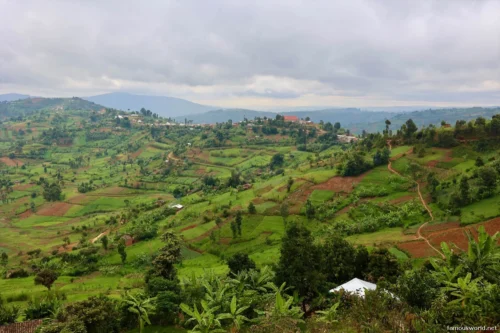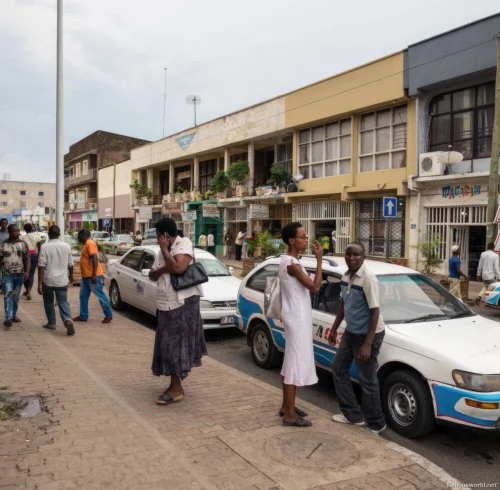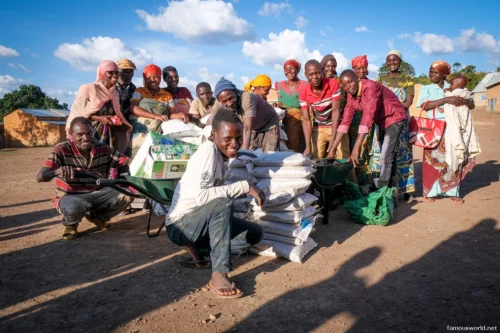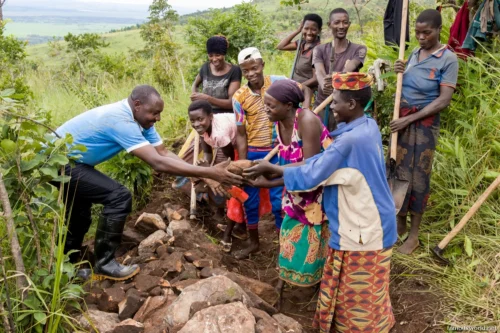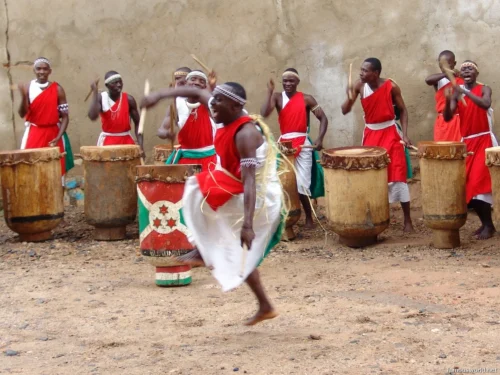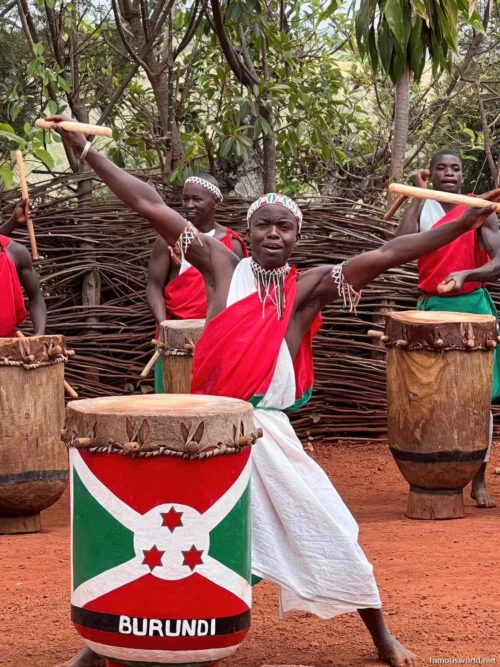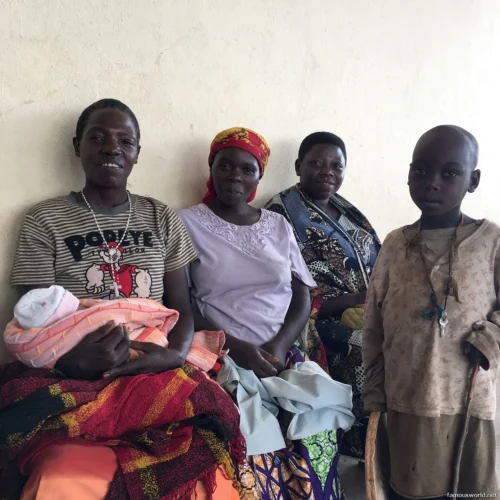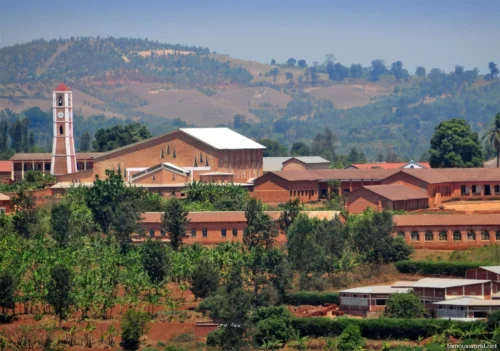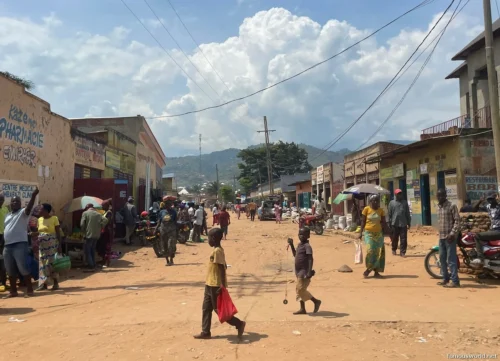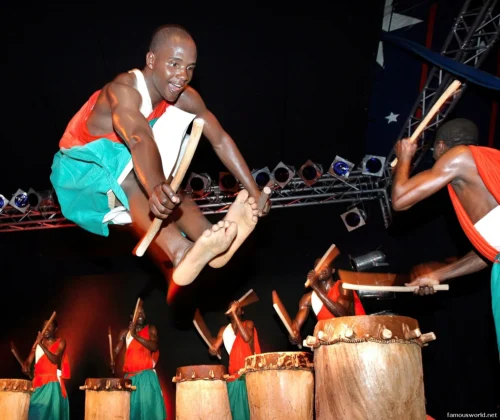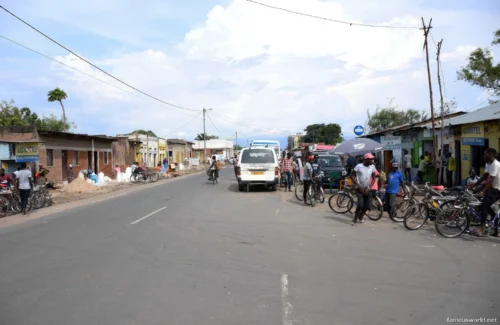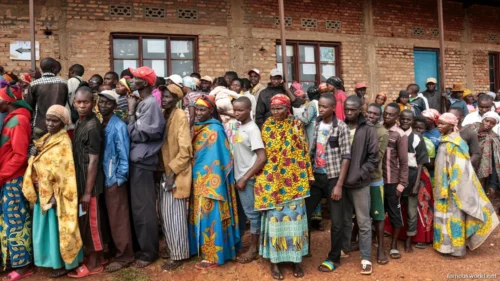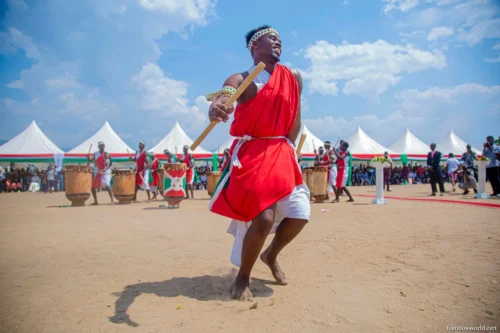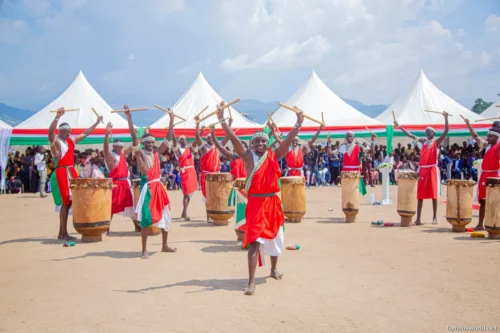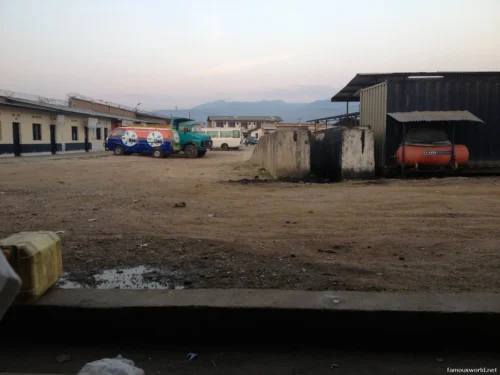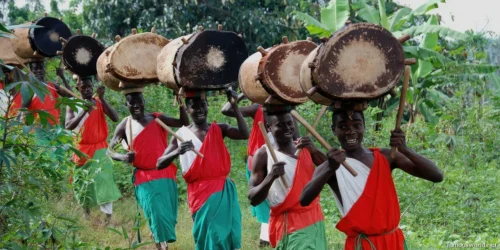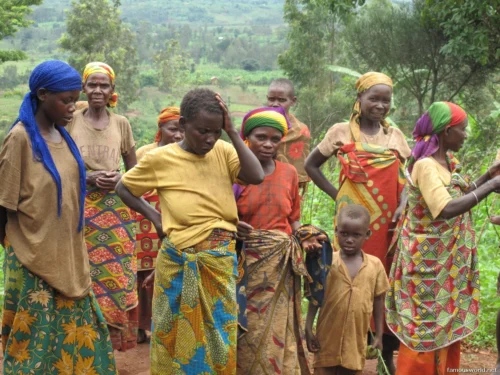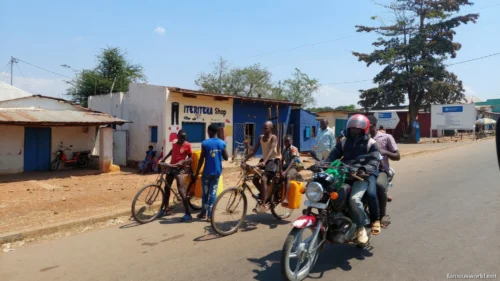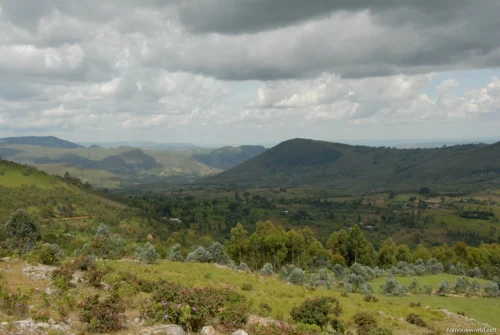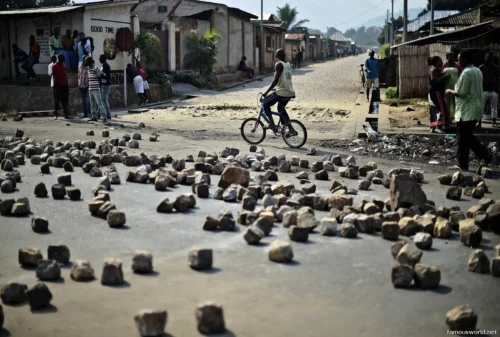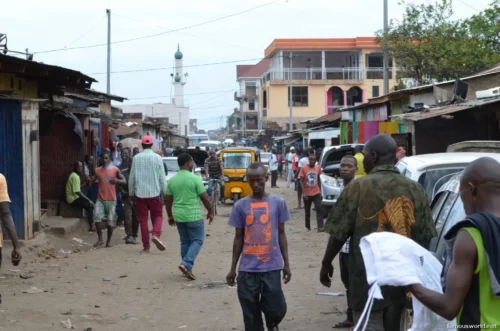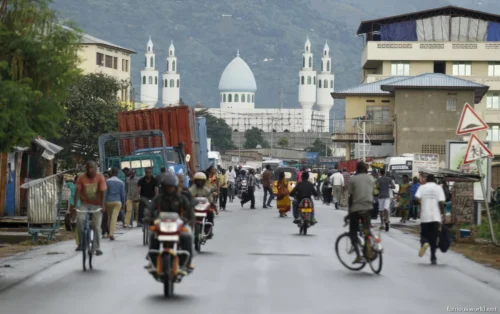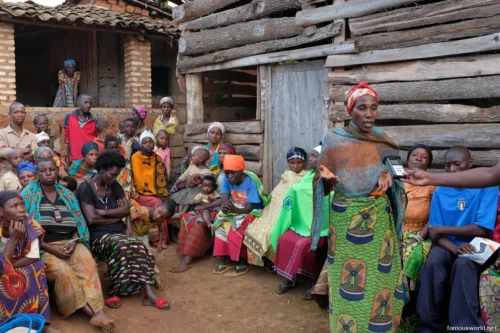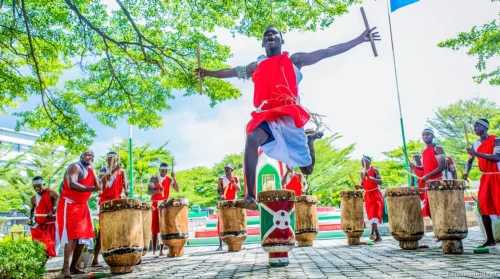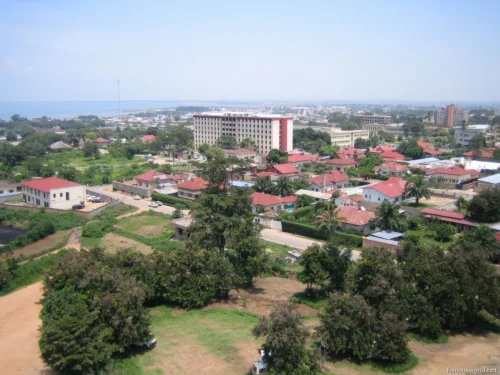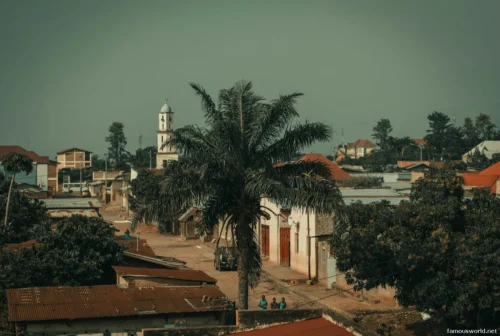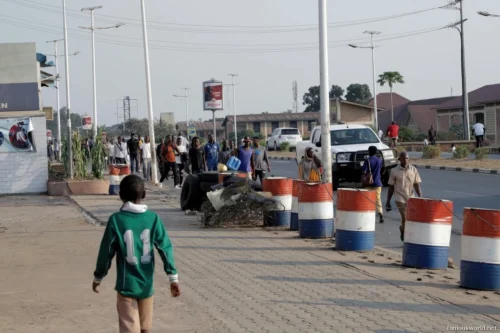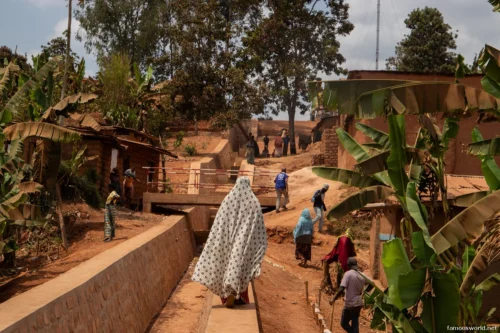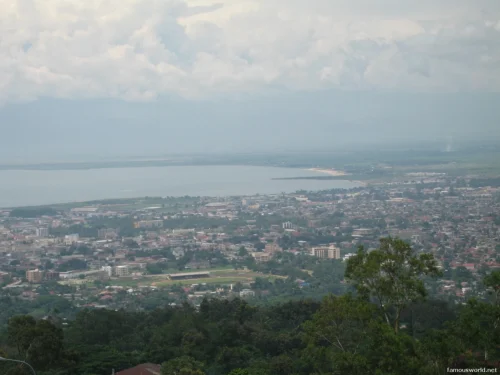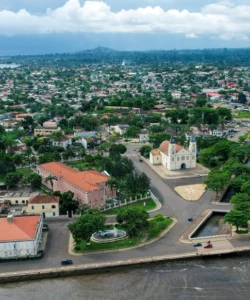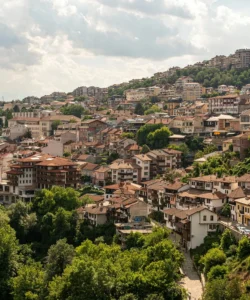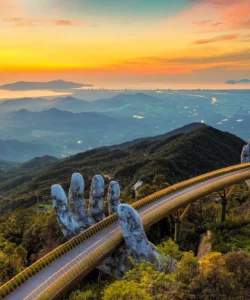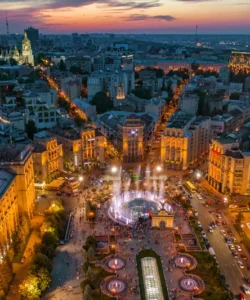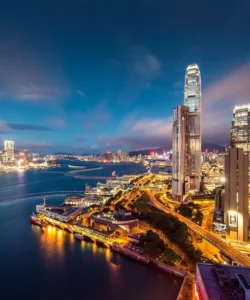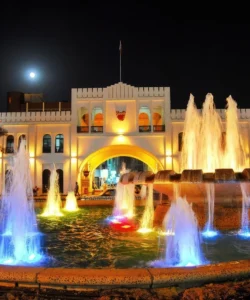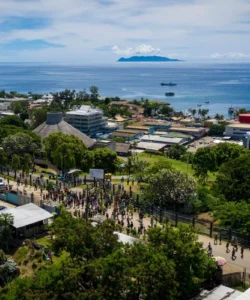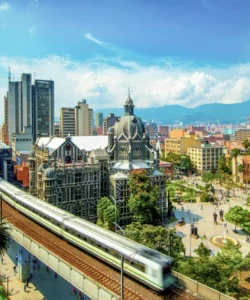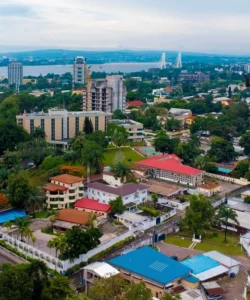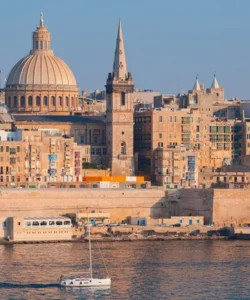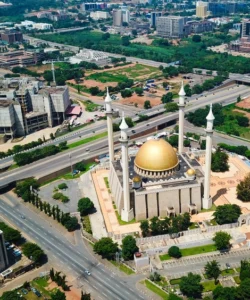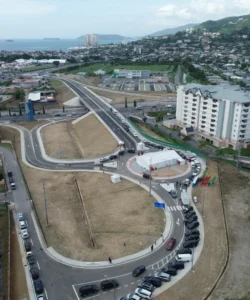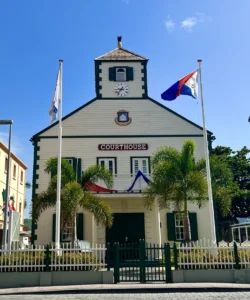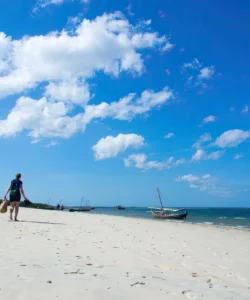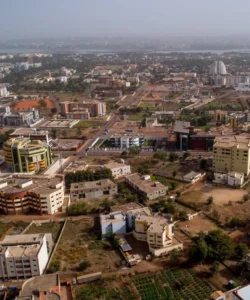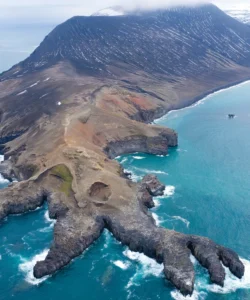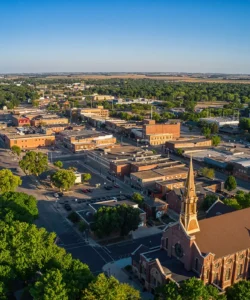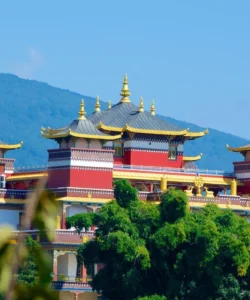Burundi is a landlocked country in the Great Rift Valley region of East Africa, known for its lush green hills, stunning lakes, and unique cultural traditions.
Listen to an introduction about Burundi
![]()
Area & Population:
Burundi covers a total area of approximately 27,834 square kilometers. The country’s population is estimated at around 14.1 million people in 2025.
Language:
The official languages of Burundi are Kirundi and French. Kirundi is the national language, spoken by virtually the entire population. Swahili is also spoken in some urban areas and is used in business and trade.
Currency:
The currency of Burundi is the Burundian Franc (BIF).
Religion:
Christianity is the dominant religion in Burundi, with about 86% of the population being Christian, primarily Roman Catholic. The country has a significant minority of Muslims (around 2-5%) and a small number of people who adhere to indigenous religious beliefs.
Capital & Major Cities:
- Capital: Gitega is the new political capital of Burundi, having replaced Bujumbura in 2019.
- Economic Hub/Former Capital: Bujumbura is the largest city and the economic center of the country. It is situated on the northeastern shore of Lake Tanganyika.
- Major Cities: Other important cities include:
- Muyinga: A city in the northern part of the country.
- Ngozi: A city in the northern highlands.
Attractions & Wonders:
Burundi’s attractions are primarily its natural beauty and unique cultural heritage.
- Natural Attractions:
- Lake Tanganyika: One of the largest and deepest freshwater lakes in the world. Its Burundian coastline features beaches and opportunities for boat trips and fishing.
- Ruvubu National Park: The largest national park in Burundi, with a diverse ecosystem and a variety of wildlife, including hippos, buffalo, and a wide array of bird species.
- Kibira National Park: A rainforest located in the northwest, known for its chimpanzee population and a variety of birds and butterflies.
- Rusizi National Park: Located near Bujumbura, this park is home to hippos, antelopes, and a variety of birds.
- The Source of the River Nile: A monument marking a purported source of the Nile River, located in southern Burundi.
- Mount Heha: The highest peak in the country, offering scenic views and a challenging hike.
- Cultural Attractions:
- The Royal Drummers of Burundi: A world-renowned cultural troupe of drummers who perform traditional, energetic, and hypnotic rhythms. Their performances are a major cultural symbol of the country.
- Gitega National Museum: Located in the new capital, it houses artifacts and exhibits on the history and culture of Burundi.
Architecture:
Burundian architecture is a mix of traditional and modern styles. Traditional rural dwellings are often round huts with conical thatched roofs. In urban centers like Bujumbura, you can see a mix of modern concrete buildings alongside some colonial-era structures.
Roads:
Burundi’s road network is a challenge, with only a small portion being paved. The roads outside of the major urban centers are often unpaved and in poor condition, making travel difficult, especially during the rainy season. The primary roads connect major cities, but a 4×4 vehicle is often necessary for travel in rural areas.
Hotels:
Accommodation in Burundi is primarily concentrated in Bujumbura, where you can find a range of hotels, from international-standard options to smaller local guesthouses. Options outside of the main city are more limited.
Restaurants & Cuisine:
Burundian cuisine is a mix of local and regional influences, with a focus on simple, fresh ingredients.
- Staple Dishes:
- Ugali: A thick porridge made from maize flour, a staple starch eaten throughout the region.
- Matoke: Steamed green bananas, often served with a sauce or stew.
- Isombe: A stew made from cassava leaves and served with meat or fish.
- Brochettes: Grilled skewers of meat, a popular street food.
- Samaki: A variety of fish from Lake Tanganyika, often grilled or fried.
- Dining Scene: The dining scene is most developed in Bujumbura, where you can find restaurants serving local, East African, and some international cuisines, particularly French and Lebanese. Fish from Lake Tanganyika is a specialty in the lakeside restaurants.
